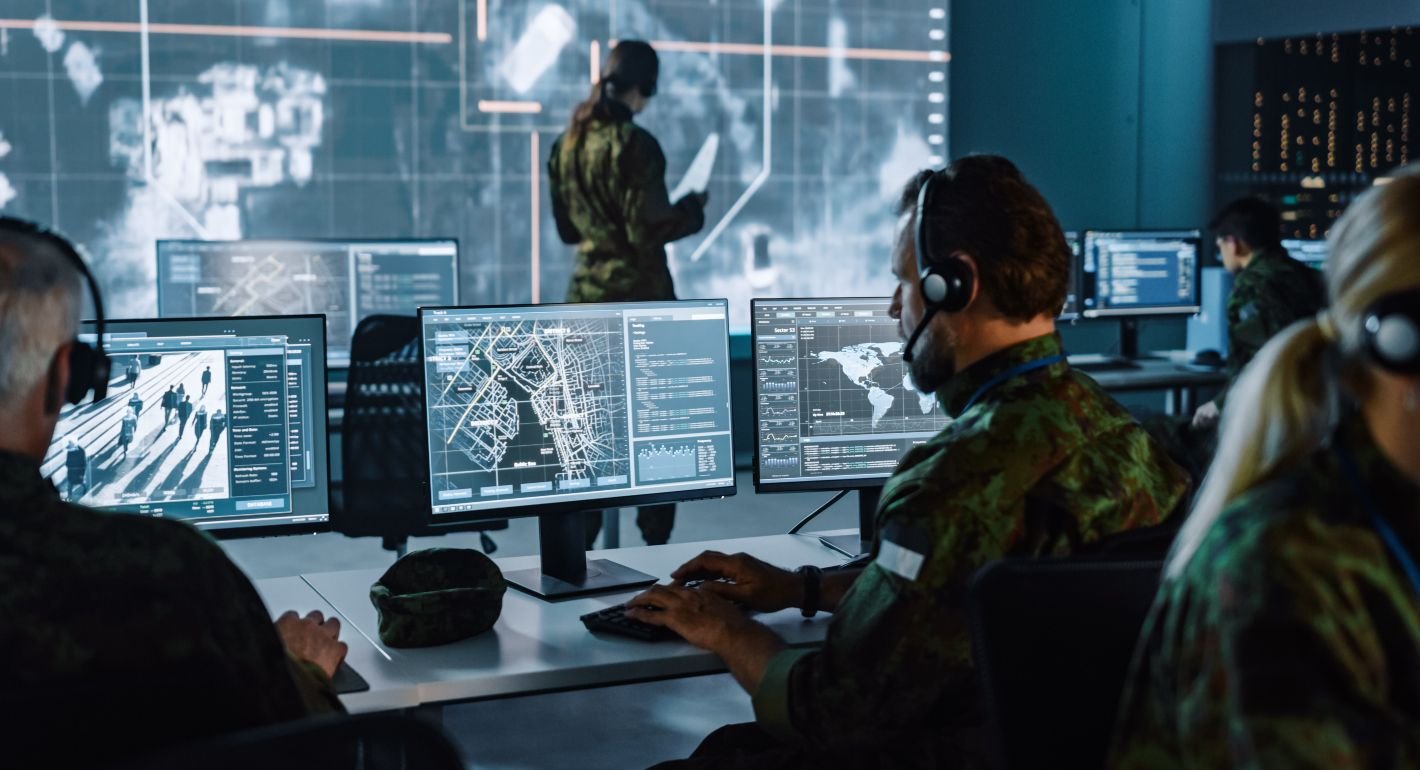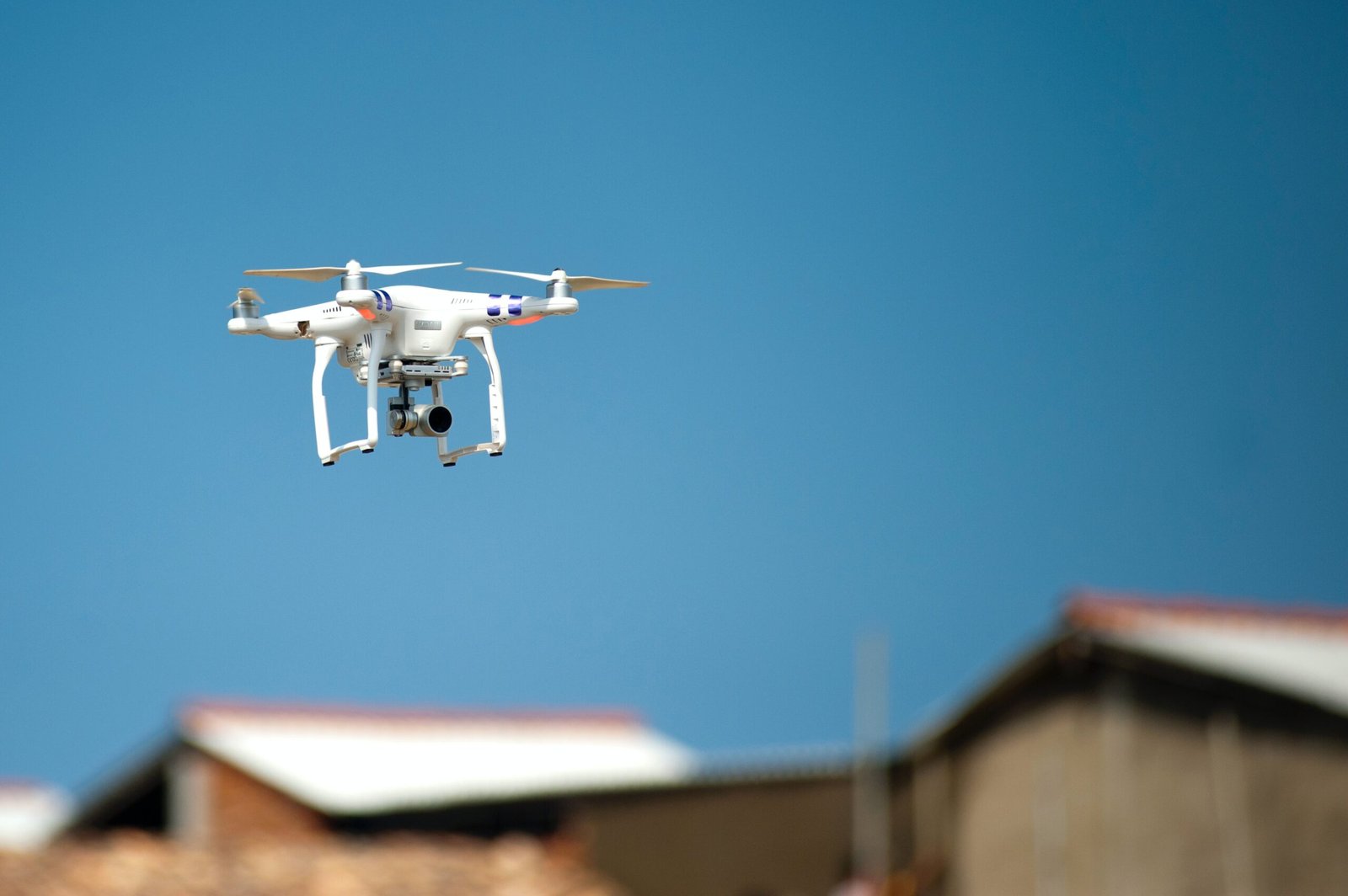Introduction to AI in Military Operations
Artificial intelligence (AI) has increasingly become a critical component in modern military operations, fundamentally transforming how decision-making occurs on the battlefield. The evolution of warfare has introduced complexities that demand a higher level of situational awareness, rapid data processing, and strategic foresight. Gone are the days when decisions could be made solely on the basis of instinct or traditional military doctrine; today’s military leaders must navigate an intricate web of information that requires advanced analytical capabilities.
As battlefield scenarios grow in complexity—driven by a plethora of data sources ranging from satellite imagery to real-time combat intelligence—AI technologies serve to enhance military effectiveness significantly. AI systems can rapidly analyze vast amounts of data, discern patterns, and provide actionable insights, thereby assisting commanders in making informed decisions swiftly. This capability is vital in high-stakes situations where the margin of error is minimal, and the speed of response can impact the outcome of engagements.
Integrating AI into military operations offers various potential benefits. It facilitates improved accuracy in targeting, enhanced logistical operations, and predictive capabilities that can foresee threats before they materialize. Furthermore, AI can augment human decision-making by highlighting options that may not be immediately apparent, hence optimizing strategies in real time.
However, deploying AI technologies in military settings is not without challenges. Concerns surrounding ethical implications, dependencies on automated systems, and cybersecurity vulnerabilities play a significant role in the discourse on AI in warfare. As military planners consider the integration of AI into decision-making systems, it is crucial to balance technological advantages with the associated risks. Therefore, understanding both the potential benefits and challenges is essential for the responsible incorporation of AI in contemporary military operations.
AI Technologies Used in Battlefield Decision-Making
Artificial Intelligence (AI) technologies have become integral to modern military operations, particularly in battlefield decision-making. Various AI techniques, including machine learning algorithms, predictive analytics, natural language processing (NLP), and computer vision, enable military strategists to make informed decisions in dynamic and often unpredictable environments. Each of these technologies plays a crucial role in enhancing situational awareness and responsiveness on the battlefield.
Machine learning algorithms are employed to analyze vast amounts of real-time data from multiple sources, allowing military personnel to identify patterns and trends that might otherwise go unnoticed. For instance, these algorithms can track movements of enemy forces by processing satellite imagery and drones, enhancing the ability to predict enemy actions and formulate actionable strategies. By continuously learning from new data inputs, machine learning models improve their accuracy and adaptability over time.
Predictive analytics further complements machine learning by using historical data to forecast potential future events. This capability is invaluable in resource allocation, as it helps decision-makers anticipate where conflicts may arise and allocate troops and equipment accordingly. For example, predictive models can evaluate factors like terrain, weather conditions, and the capabilities of opposing forces to suggest optimal deployment strategies.
Natural language processing plays a significant role in analyzing communications and intelligence reports. By examining text from various sources, such as intercepted messages or social media, NLP can extract relevant information and sentiment, providing insights into enemy plans or morale. This technology enhances situational awareness by filtering out noise and highlighting critical intelligence.
Computer vision, on the other hand, automates the interpretation of visual data. It can analyze surveillance footage or satellite images to identify assets, movements, and potential threats. This technology not only expedites the processing of visual information but also aids in real-time monitoring of battlefield conditions.
Case studies illustrate the successful application of these AI technologies. For instance, battlefield simulations using AI-based planning tools have demonstrated improved decision-making speed and accuracy, showcasing the transformative impact of AI in military strategy. These examples highlight how emerging AI technologies are reshaping the landscape of military operations, enhancing effectiveness in real-world scenarios.
Ethical Implications and Challenges of AI in Warfare
The adoption of artificial intelligence (AI) in military decision-making systems presents a myriad of ethical implications that warrant careful consideration. One of the foremost challenges is the issue of accountability. When an AI system makes a decision that leads to unintended consequences, such as civilian casualties, it raises profound questions about who is responsible. Is it the programmer, the commanding officer, or the machine itself? This dilemma complicates the legal landscape, as current international humanitarian laws were designed with human operators in mind and may not adequately address the complexities introduced by autonomous systems.
Furthermore, the potential for autonomous weapon systems (AWS) heightens ethical concerns surrounding warfare. These systems can operate without direct human intervention, making real-time decisions that could significantly impact the course of combat. The prospect of machines autonomously engaging targets leads to fears of a lack of human judgment in critical scenarios, where understanding context and moral considerations are vital. This detachment could desensitize military personnel to the realities of war and undermine the moral weight of their decisions.
Another significant concern is the implications of AI-driven decisions on civilian safety. As AI systems analyze vast amounts of data to make rapid decisions, the accuracy of their assessments becomes paramount in avoiding harm to non-combatants. The integration of AI in warfare necessitates robust safeguards to ensure that operational protocols comply with established ethical norms and international laws. This raises essential questions about the justification of using AI in military contexts: Can we deploy these systems responsibly, and what frameworks need to be put in place to govern their use? Addressing these ethical challenges is critical to ensuring that the deployment of AI in warfare aligns with humane principles and societal values.
The Future of AI in Military Decision-Making
The integration of artificial intelligence (AI) into military decision-making systems is evolving rapidly, with new advancements poised to transform the landscape of modern warfare. As technology continues to progress, we can anticipate significant shifts in warfare strategies, personnel training, and overall defense policies. AI systems are being designed to analyze vast amounts of data, offering commanders valuable insights that can lead to more informed decisions in dynamic combat environments.
One notable trend is the development of hybrid human-AI teams, where human intuition and oversight complement the computational power of AI. This approach aims to maximize the strengths of both human decision-makers and AI algorithms, enhancing operational effectiveness. Human operators will still be essential in interpreting AI-generated insights, ensuring ethical considerations and mission objectives remain at the forefront. This collaborative model will likely redefine roles within military structures, necessitating updated training programs to prepare personnel for their interactions with intelligent systems.
Ongoing research and development efforts are crucial in shaping the future of AI in military applications. Organizations are investing in not only the technology but also the ethical frameworks that will guide its use. Collaboration between military agencies, technology developers, and ethical organizations is vital to establish guidelines that promote responsible AI deployment while considering the implications of such advancements on international law and humanitarian principles.
As we look ahead, the potential for AI to enhance military effectiveness while adhering to ethical standards will require careful consideration and strategic planning. Establishing a balanced integration of AI in military operations is imperative for maintaining accountability and ensuring that decision-making systems are equipped to face the complexities of modern warfare. Ultimately, the future of AI in military decision-making systems promises not only to enhance capabilities but also to challenge our understanding of warfare ethics and operational integrity.









